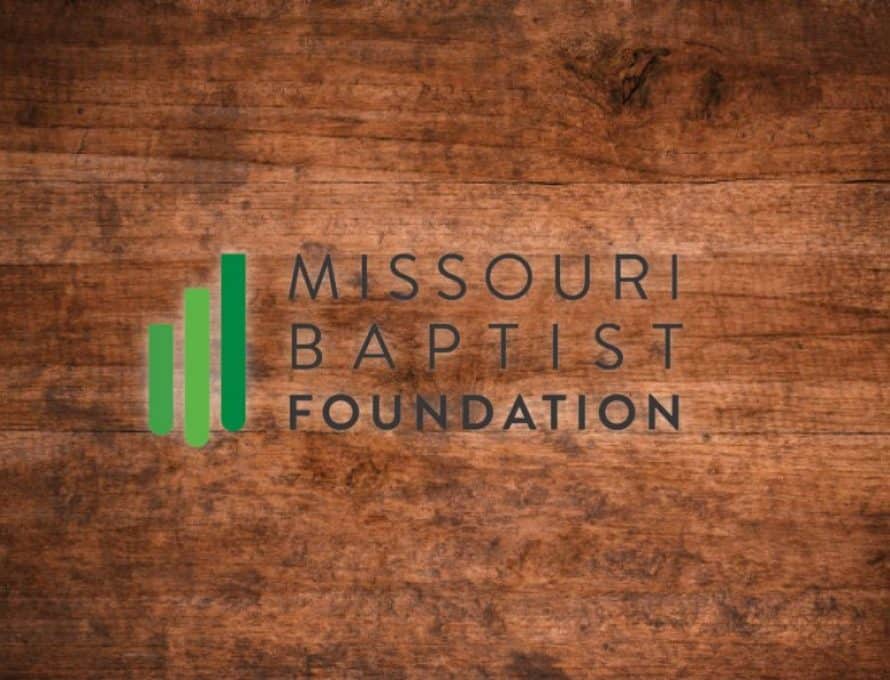Extra time on your hands?
So, I imagine you have been spending a little more time at home as of late. Not getting out of the house as much for church, shopping, movies or dining? Yeah, me too. The days seem a little longer, the nights maybe even more so, and each day brings with it another round of closings of some previously scheduled, really important, events. (I write this on March 25th) I am beginning to wonder what will get cancelled next, the rapture?
What are you doing with all this “extra” time? You have options. Museums have made virtual tours free online, the same thing with Broadway shows, old NFL games, or you can even check out what an 80-year old Jean Luc Picard looks like traversing space on one last adventure.
For those of you who are more into self-improvement more than self-amusement, you can take free guitar lessons from Fender, a class on photography, a class from Harvard, or one on writing, or coding, or even Mandarin Chinese. Me? I am working on learning how to actually use Excel. Who knew you could do such cool things by clicking on the bottom right of a cell?
Of course, I trust you are keeping up with physical exercise while appropriately distancing yourself from other exercisers and that package of Oreos. (Only to be eaten as a last resort, if, and when, you were to eat through the rest of the food you hoarded including the cans of pie filling) Also, reading your Bible, working through some sort of devotional guide, and keeping up with your fellow church goers via social media, the phone or even an old fashioned letter. Last I checked, the post person was undaunted by COVID-19, all that “Neither snow, nor rain, nor heat, nor gloom of night, stays these couriers from the swift completion of their appointed rounds,” stuff, you know.
I would encourage you to take a few of those extra moments to consider your estate plan. I know what you are thinking, you don’t have an estate. But, I tell you, that you do. An estate is simply anything and everything that you own, whether outright or in part. It could be real estate, personal property, investments, cash, or even your children. An estate plan includes your wishes as to the distribution of those items, codified by legal documents.
Normally these documents will include things like a Medical Power of Attorney (meaning somebody can make medical decisions for you), a Financial Power of Attorney (meaning somebody can make financial decisions on your behalf), and an Advanced Medical Directive (which informs physicians the type of end-of-life care measures you affirm). All of these provide the legal right for someone to act for you, if you were to become unable. Without these documents, your care may suffer as the courts make the decisions on who can or should make decisions for you.
After you pass away from COVID-19 or some other illness, disease or accident (it will happen to all of us eventually), your loved ones will need the legal authority to enact your wishes on your behalf. This is where a “Will” comes into play and maybe a “Trust”. A Will may still have to go to the court, but with the proper beneficiary deeds, and other titling methods, your stuff will not get stuck in probate. But for many people with extenuating circumstances, like a complex estate, a special needs situation or who have minor children, a Trust may be a better tool.
Wait, did I lose you in that last paragraph? Sorry about that, you don’t really need to know all of that. You just need someone who does, and guess what! I, too, have some time on my hands.
The Missouri Baptist Foundation offers free, no-obligation coaching for those interested in creating an estate plan and can be reached at mbfoundation@mbfn.org or by calling 800.776.0747.

